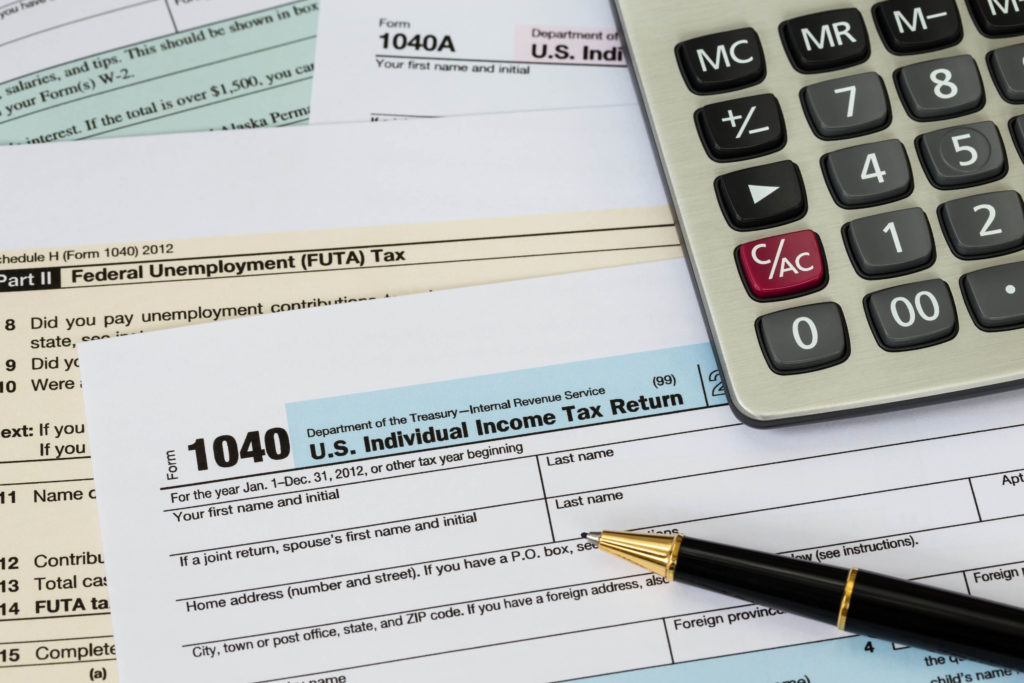Documents you’ll want to keep for tax season

Copyright: wirojsid/123rf
Did you know that on average people receive $3,050 for their tax returns? Tax season is fast approaching and it’s time to gather your plethora of required documents. Except…what are those documents? What documents have you been keeping around too long, or worse, not long enough? Here are some tips to help you sort the necessary from the unneeded:
Information to keep
According to the IRS, you should keep any returns filed for three years after the date you initially filed them. They also recommend that any employment tax records should be kept for four years. Depending on your employment status, these would include documents such as W-2s for those regularly employed, or 1099 forms for those unemployed or self-employed. If you have interest on student loans or home mortgage, you’ll also need to have 1098 forms if you want to file for any deductions on these. If you have retirement income, you’ll also want to keep other 1099 forms on hand.
Other applicable documents you’ll want to keep on hand are forms for additional desired deductions, such as medical expenses and insurance records.
The above documents should all be kept three years after filing. It should be noted, however, that if you underreported your income, you can be audited for the past six years of filing reports.
Information to shred
Keeping your documents for three years after their original filing date (or six for underreporting) is a great rule to follow. Extra information that extends past this range, such as bank statements or utility bills from before the three years mark can be shredded. You may be able to shred other information such as older tax returns, but they can be useful documents to keep around. It is important to note, however, that if you didn’t file returns or filed fraudulently, the IRS says you should keep required documents indefinitely.
If you do have some old documents like those mentioned above that you’d like to get rid of, Shred Right can help. We can schedule a one-time shredding service for your documents or, if you need assistance with other types of record retention, we can help with our records management consulting program. Contact us today and we can assist you with your old tax documents and more. Don’t forget: the tax deadline for 2018 is April 17th!
